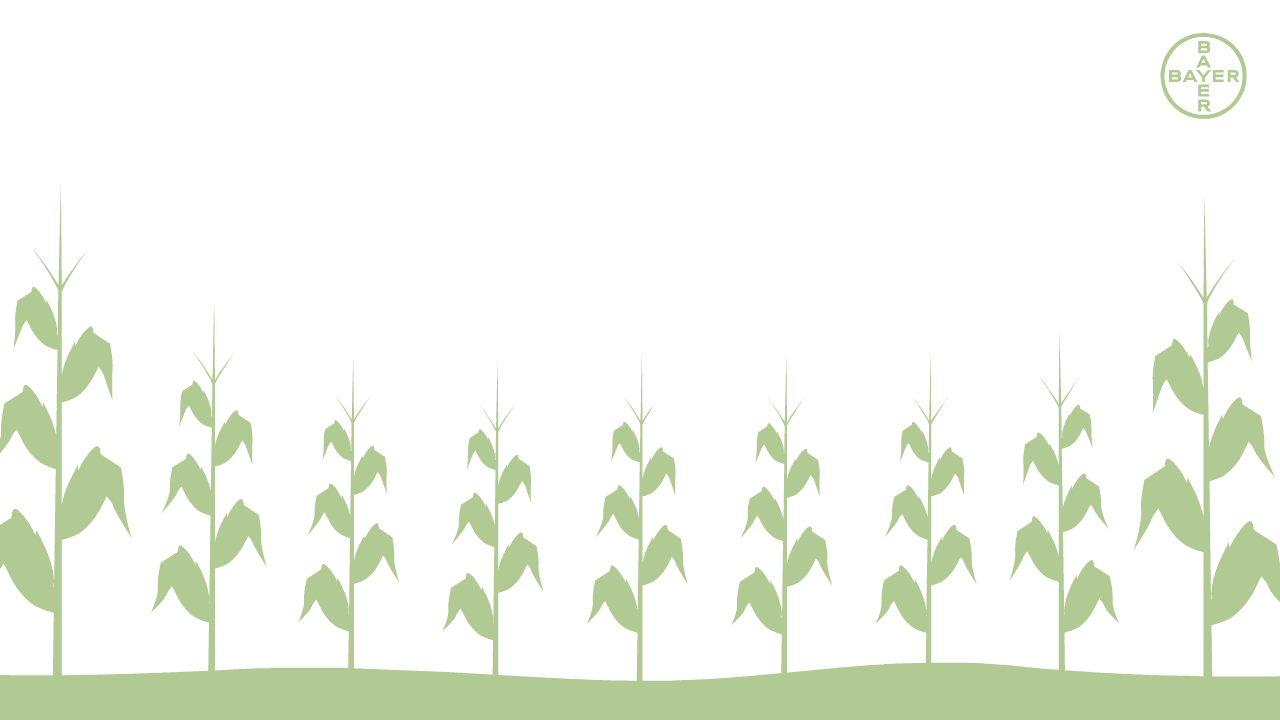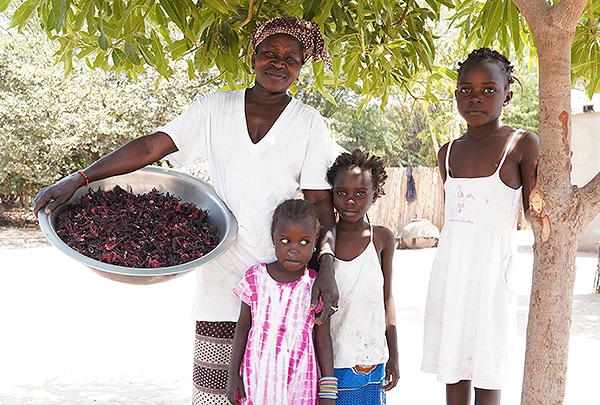Social Innovation Helping Women Escape Poverty

Many female smallholders in Africa have a special problem. They do not have bank accounts and can’t save money to buy seeds and fertilizer. So a startup has devoted itself to improving this situation and helping women escape poverty. All the women need is some pocket change – and a cell phone.
“Every day is a battle for survival,” says Fatou Faye. She gets up at 5 a.m. each day and then heads off to get water from the well. There, she runs into other women from her village, a place called Mbellengout in Senegal. “Water is the biggest problem because the well does not have enough for everybody,” says the smallholder and mother of four sons and three daughters. Her husband died in 2006. In addition to the struggle for water, food is her second problem: meals consist mainly of millet. “I would like to serve my children fish, meat or noodles,” Faye says. But she does not have the money. Her third major problem is that, without money, she will not have any seeds or fertilizer, meaning she won’t produce any harvest. Fortunately, Fatou Faye, like most people in the region, has a cellphone. It is old, but that does not matter at all.
- 1/6
- 2/6
- 3/6
- 4/6
- 5/6
- 6/6






Women make up 70 percent of farmers in the western African region, where the average income is US$ 1 to US$ 2 a day. The land that they farm totals on average two to five hectares. It is in such poor condition that the farmers have to use fertilizer. But although their daily lives are filled with so much hardship, improvements are on the way. All because of Anushka Ratnayake and her startup, myAgro.
Ratnayake came up with a business idea that responds to a major problem faced by female smallholder farmers: their lack of access to banks. They do not have bank accounts and cannot obtain loans. They are virtually shut out from the financial world, something that is the domain of men anyway. Without a bank account and loan opportunities, women have a very hard time saving the money they need to purchase fertilizer and seeds.

myAgro enables women farmers to put aside the small amounts of money they have available every now and then. They use the pocket change to buy a myAgro scratch card that contains a code from their local vendor. They then send a text message with the code to myAgro, and the total is credited to their myAgro account. “It is impossible for us to pay 7,000 CFA francs (about US$ 14) all at once to buy fertilizer,” Fatou Faye says. But saving small amounts bit by bit – that’s no problem.
“We do not ask smallholder farmers to adapt their ways to an antiquated financial system,” says Anushka Ratnayake, who views her startup as a contribution to the emancipation of women, even though it is aimed at both women and men. “We are changing the financial system and adapting ourselves to small-scale farmers.” Ratnayake’s goal is to increase the average income of small farmers by US$ 1.50 a day.

To reach this target, the entrepreneur is setting up partnerships with relief organizations like Catholic Relief Services. Bill Gates, the founder of Microsoft, has written about myAgro in his blog. Bayer is supporting this startup as well – with more than US$ 600,000. “Cooperation is important to us in all areas for driving innovation forward. We want to support myAgro through this cooperation, to develop this business model and also support the women in their health and their families”, said Dr. Monika Lessl, Head of Corporate Innovation and R&D at Bayer. “We are demonstrating our solidarity with people in these countries,” added Oliver Gierlichs, Managing Director for West Central Africa at Bayer. “Every improvement to the situation will help children in particular.”
For the first purchase she made with myAgro’s support, Fatou Faye bought fertilizer for peanuts and hibiscus. “I was overwhelmed by the sight of my blooming field,” she said. Other women stopped by, saw the results for themselves, became just as excited and joined myAgro, too. “Thanks to my fertilizer, my peanut harvests are better than ever,” Fatou Faye said.
Anushka Ratnayake, the founder of myAgro, has big plans in mind for her business: by 2025, the startup should reach one million people and lift them out of poverty. Fatou Faye thinks in smaller dimensions – her family comes first for her. “The better the harvest is, the easier it is for me to take care of my family,” she said. In the past, it was hard for her to pay the children's school fees, she said. “I can now sell some of my good peanut seeds – and the problem is solved.”

The female smallholders profit from their cooperation with myAgro.
The Power Of Social Innovation
If we think about innovation, technology is frequently the first thing that comes to mind. But social innovation is equally important: innovation that gives people opportunities that were once blocked to them and helps them improve their quality of life.
myAgro is one such social innovation: Bayer is supporting this startup so it can be expanded to other regions. “We take a holistic approach to innovation,” said Foundation Managing Director Thimo V. Schmitt-Lord. “Social innovation is important, too. By working together with companies committed to social causes, we help reshape global systems and accelerate social progress, particularly when it involves food and health.”
As part of its efforts, the Bayer Cares Foundation initiated the “Aspirin Social Innovation Award”. This foundation has been distinguishing pioneers who develop new solutions in the areas of health and nutrition since 2010, with their Innovative Social Impact prize. The Bayer foundations also work together with leading NGOs und impact programs, such as the Global Impact Accelerator, the Slush Startup trade fair in Helsinki, or the World Health Summit in Berlin. myAgro demonstrates just how wide-ranging and long-term the company’s commitment to social innovations is. myAgro and Bayer do not just encourage small female farmers to save money for fertilizer and seeds by using a type of pre-paid model, they are also working to gain the upper hand on a health problem. Many families in rural regions of Africa are afflicted with epidemic worm infections. People often cannot afford the medications required to treat their infections. For this reason, myAgro and Bayer are supporting a de-worming program that provides the children of small farmers with free medication.















